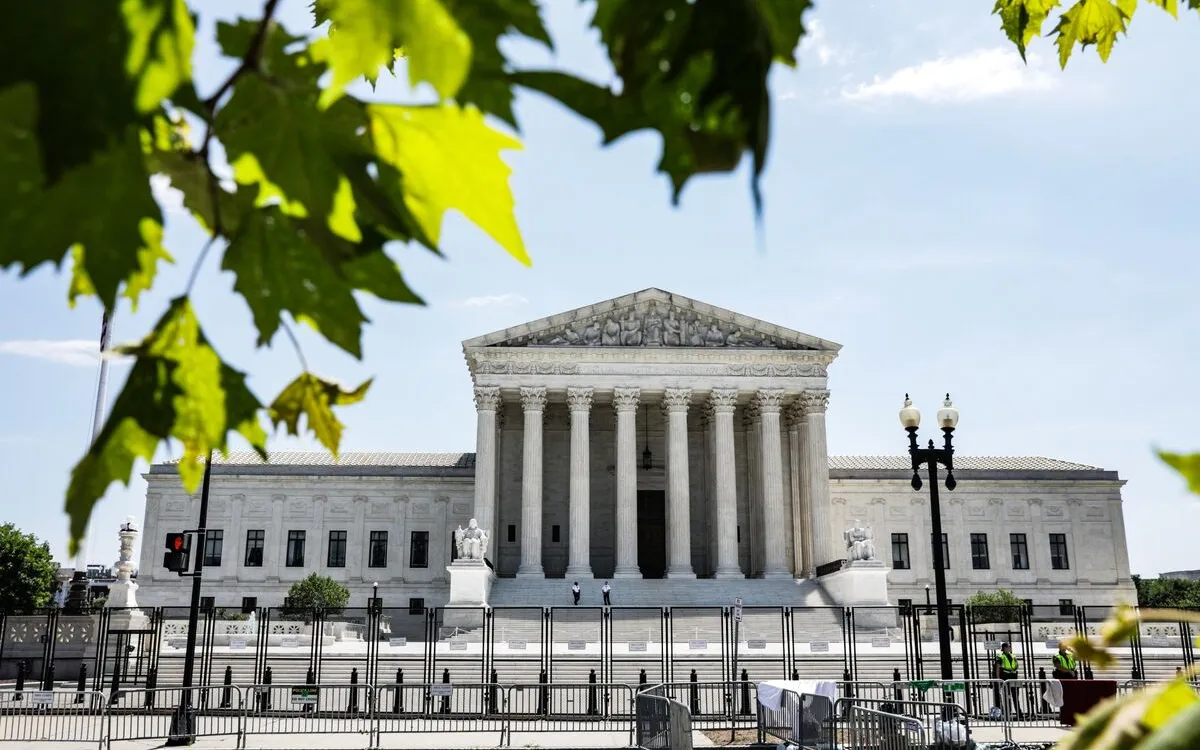
A splintered US Supreme Court has made a significant ruling that allows the Trump administration to temporarily halt potentially hundreds of millions of dollars in medical research grants. Government officials argue that these grants do not align with the current administration's policies, creating a contentious atmosphere within the realm of federal funding for scientific research.
This decision comes after a federal trial judge criticized the National Institutes of Health (NIH) for acting in an “arbitrary and capricious” manner when it terminated thousands of grants. These grants were part of a broader initiative aimed at promoting diversity, equity, and inclusion in medical research. The NIH’s actions have raised questions about the balance between funding priorities and the administration's policy objectives.
The Supreme Court's ruling effectively puts a pause on the lower court's decision, allowing the Trump administration to continue its crackdown on funding that it deems inconsistent with its policy framework. This has sparked concern among researchers and institutions that rely on these grants for critical projects, potentially stifling innovation and progress in the medical field.
The implications of this ruling could reverberate throughout the scientific community. Many experts fear that the withdrawal of funding may hinder advancements in medical research, particularly in areas that address health disparities. As the legal battles continue, the future of medical research funding remains uncertain, leaving many questions unanswered about the direction of federal support for science and health initiatives.
As the situation develops, it is crucial for stakeholders in the medical research community to stay informed and engaged. The ongoing debates around funding and policy will undoubtedly shape the landscape of health research in the United States for years to come.